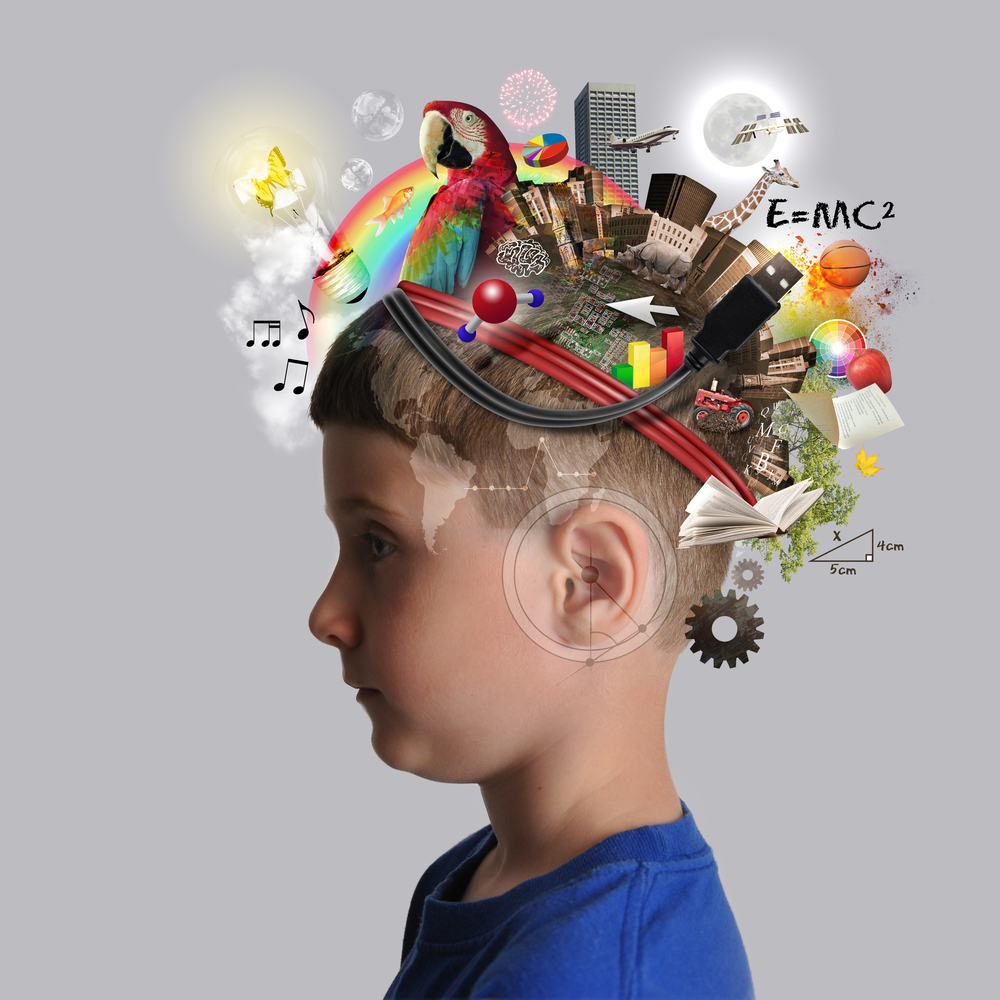
In August 2016, we administered the Learning Activities Survey (LAS) (King, 2009) via Qualtrics by emailing all eWorkshop completers who participated in the eCALLMS project and requesting their participation in the survey. Out of 232 eWorkshop completers that we emailed, 47 responded and participated in the LAS Survey.
The 47 respondents represent a diverse group of eWorkshop completers. The majority of the respondents are endorsed to teach in elementary education (61.70%) with ~40% endorsed for secondary education. 34% of the respondents have an ESL endorsement and 20% stated that they were in the process of earning one. 84% of the respondents reported they were working in an instructional setting with multilingual learners. 45 of the 47 respondents reported participating in 19 different eWorkshops.
70% of the respondents reported having changed their values, beliefs, opinions or expectations about teaching multilingual learners since taking an eWorkshop. Of those 70% who said they had changed from taking an eWorkshop, 82% of them identified the eWorkshop as the source of that change.
The largest group, comprising more than half of our respondents did report change from eWorkshop participation. But what is worth noting is that only 30% of the respondents in that group already have an endorsement to work with multilingual learners. Proportionally, the group that reported change coming from the eWorkshops was a group with higher percentages of respondents that were not working on an endorsement and did not yet have one (44% versus 33% and 22%). This is positive in that the group who has not yet learned about working with multilingual learners by working towards an endorsement is also the group we would most hope to see change via eWorkshop participation with. It is also worth noting that the no change group was a group with a high percentage of teachers who already have an endorsement (64%) and who have been teaching on average of 16 years. This is a group that we would not necessarily expect to need to change greatly. Their participation in an eWorkshop may have been for the purpose of assisting their eWorkshop colleagues or to strengthen their existing expertise and practices. When we consider the composition of the groups that reported change versus did not, it appears that our eWorkshops are having the desired effect on teachers who need to learn more about working with multilingual students, the teachers we would hope to see change in.
Respondents were asked to identify the features of the workshop that impacted the change and 78% of the respondents identified doing the Make it Work activities as a source of their change. This was the highest endorsed aspect of the eWorkshop as impacting change, which is the aspect of the eWorkshops that requires participants to take new ideas and put them into practice. That this is the most impactful aspect of the eWorkshop on driving change is both promising and not surprising as it is consistent with what we know about quality professional development (e.g. Desimone et al., 2009). It is promising because it is a feature that other professional development approaches could and should utilize to support teacher change. Also, consistent with the research literature on educator development and professional learning is the next highest endorsed aspect of the eWorkshop that our respondents identified as impacting change: personal reflection. The next three highly endorsed aspects of the eWorkshop that impacted our respondents change were all related to the Explore section where eWorkshop participants are offered content and ideas to ground their inquiry and practice via the Make it Work. The Make it Work activities would not be able to be so strong without good Explore activities. So, this we also find positive, particularly as we have spent a great deal of effort on developing strong Explore content. The final pieces that emerged as having a substantial number of our respondents finding them impactful for their change via the eWorkshop were aspects related to our Share sections of the eWorkshop. Overall, it appears that each aspect of our three-part learning model is playing an important role in the eWorkshops to impact change, with the Make It Work activities emerging as the most impactful aspects of our learning cycle.
Respondents also reported changes in their classroom practice and improved student learning. The results of the analyses of these data were presented at the annual meeting of the American Educational Researchers Association in San Antonio TX (April 2017) and are now being finalized to submit for publication. For more information regarding this research, please contact Kara Viesca at kara.viesca@unl.edu.